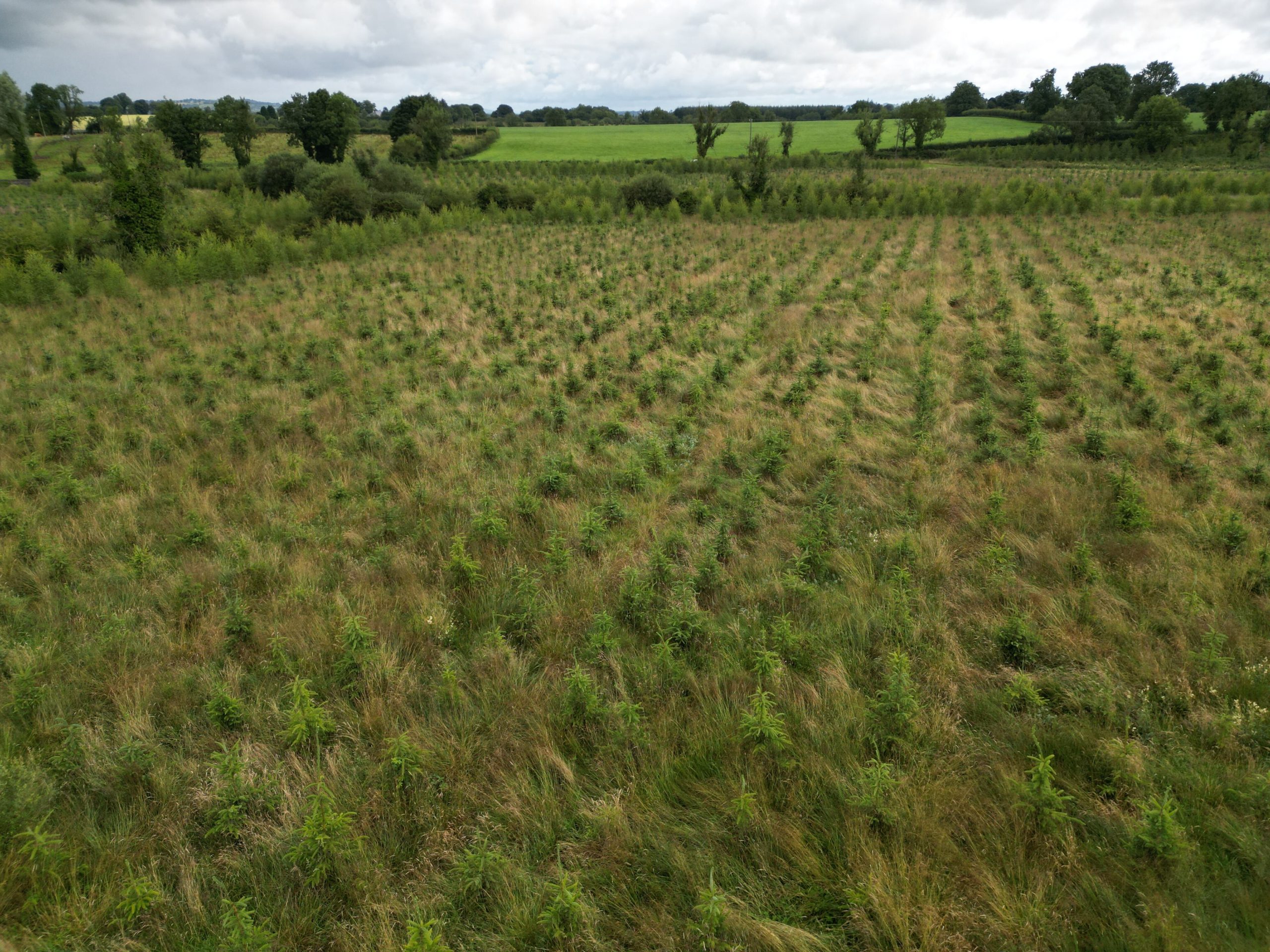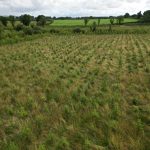
EPA highlights research suggesting 24pc of Ireland’s land area would need to be planted.
Ireland will need to plant far more than the 8,000ha per year Government target to meet its climate action commitments, the Environmental Protection Agency (EPA) has said.
The EPA assessment comes as the afforestation rates are already massively behind the current target, with landowner confidence in forestry at an all-time low.
In a submission to the Government on the Climate Action Plan for 2024 and seen by the Farming Independent, it stressed that the policy position of carbon neutrality by 2050 will depend on the forest sector acting as a carbon sink to offset residual emissions.
“Without action now and in the short to medium term to increase afforestation rates, this policy position is in doubt,” it said, explaining that the forest sector constitutes an important source of CO2 removal from the atmosphere.
It said there has been a noticeable reduction in the absolute value of the carbon sink of our forest estate due to the current age profile of our national forest stock.
It highlighted the significant reduction in the areas afforested in comparison to that in the 1990s and early 2000s and also that in past years, significant afforestation occurred on peat (organic soils), from which there can be large emissions of greenhouse gases to the atmosphere.
“Recent national research has shown these emission levels to be higher than originally estimated,” it said. Current low afforestation rates (c.2000 ha) are well below the planned 8,000 ha foreseen annually in the 2023 Climate Action Plan.
The EPA said this, combined with increased timber harvest, will lead to further reductions in the ability of our national forests to contribute to CO2 emissions removals going forward.
“It is projected that by 2025, the forest sector in Ireland will be a source of greenhouse gas emissions to the atmosphere.
“The extent of forestry that is required to be consistent with Ireland meetingits National Climate Objective needs to be determined to allow an appropriate afforestation target to be set in the next Climate Action Plan.
“This is likely to exceed the current planned 8,000 ha per annum,” it said.
Indeed, the EPA highlighted analysis from the Government-funded SeQuester project, which indicated that between 13,000ha and 40,000ha per annum of afforestation would be needed from 2025 to 2050 to offset projected CO2 and N2O emissions (but not methane emissions) from the agriculture sector.
The research suggests these afforestation rates would leave Ireland’s gross national forest cover at between 16pc and 24pc of Ireland’s land area.
“Afforestation rates at the lower end of the range are considered in combination with a 75pc reduction in agricultural emissions combined with a substantial rewetting programme of agricultural organic soils,” it said.
In recent weeks, the Government got State aid approval for its new €1.3bn Forestry Programme, which it has described as the “best-funded, most environmentally friendly programme in the history of the State”.
The new Programme provides for increased premiums for planting trees of up to €1,142 per hectare, depending on the forest type, as well as extending the premium period from 15 to 20 years for farmers. Others will receive premiums for 15 years.




